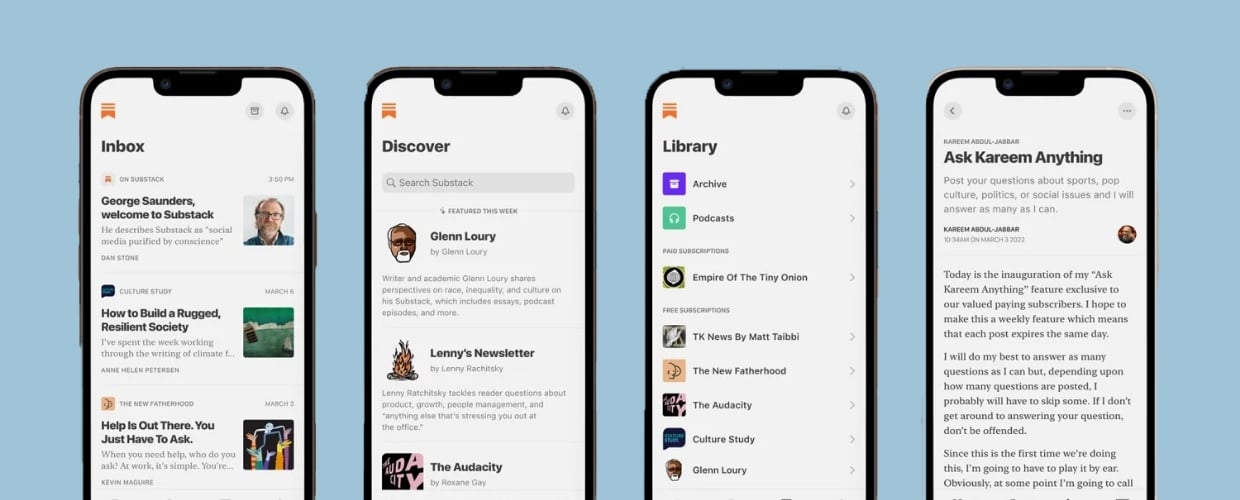In 2021, the jobs of the chief marketing officer (CMO) and communications director are more challenging, more influential, and more important than ever. Business leaders are increasingly expected to speak out and actively drive positive change in society -- and CMOs and communications directors play critical roles in those efforts.
The cornerstones of a strong brand reputation are being rewritten in real-time. Consumers and B2B clients are gravitating to brands that show a greater sense of purpose, a sincere commitment to diversity and equity, an obligation to ethical business practices, and relationships built on trust.
At the same time, CMOs and communications directors are working more closely than ever with chief technology officers (CTO) and chief information officers (CIO). In our multi-channel world, these leaders must collaborate seamlessly to optimize messaging, media types, platforms, and data to deliver the biggest impact among their audiences.
It’s a time of rapid technological evolution, and it’s also a time of rapid change for humanity. Technology is impacting human lives in significant ways -- both positively and negatively. In today’s world, people are looking for organizations that champion positive change in an authentic way. They are ultimately looking for brands that they can trust.
The role of a CMO or communications director in 2021 is at the crossroads of humanity and technology.
Today’s marketing leaders must focus sincerely on the human experience and the increased role technology plays in our lives. As a marketing or communications leader, it’s time to embrace the ability to drive positive change through messaging and action -- both for your own organization and for the world outside your walls. It’s time to examine the role your organization can play in the world. It’s time to focus on the importance of purpose, ethics, and trust.
Embracing a deeper purpose
Quite simply, people increasingly want to support and work with companies that are a positive force in the world. One of the biggest drivers of customer advocacy is having a sense of purpose, both as a brand and an organization. Authenticity, transparency, and accountability are now top-line expectations for brands across a wide array of industries.
That has created a unique challenge for marketing and communications leaders: Their efforts must be sincere and come from “inside-out” work rather than reacting to current trends. The key is to focus inward and make your organization representative of the change you want to see in society.
For B2B brands, authentic and sincere change can take shape in numerous ways:
-
Corporate social responsibility (CSR) programs and community engagement
-
Hiring and recruitment efforts to develop and retain a diverse and inclusive workforce
-
Examining your organization’s supply/value chain and making improvements that promote environmental, sustainable, and fair labor practices
-
Amplifying new voices, both within your organization and in your public-facing materials
-
Developing internal and external communications programs to clearly explain your goals, highlight your efforts, and celebrate your employees’ contributions
The role of ethics in marketing
Technology has grown so powerful that it is affecting the workforce in new ways. In many cases, emerging technology is seen as a threat to job displacement: AI, automation, and big data analytics are increasingly vital to key business decisions and the human experience, both inside and outside the workplace.
Simultaneously, technology is evolving from a “tool” for humans to a decision-maker, which makes ethics an essential part of the discussion. Start by asking:
-
Does your organization have a code of ethical standards, and do all of your products and activities map back to it?
-
Do your suppliers, vendors, and partners also live up to these principles?
-
Are you addressing unconscious bias in your research or campaigns?
These types of moral and ethical discussions are catalysts for finding better solutions and approaches. Similar to a sense of purpose, your brand’s ethics should be woven throughout the organization. Your communications and marketing materials should define, explain, and explore your organization’s commitment to ethical practices.
Building trust in your brand
Trust in major institutions is on the decline. Respecting customer privacy by adhering to data protection and privacy laws is just the start. To establish a sense of confidence in your brand, customers need to know they’re your top priority.
Businesses now must consider every customer engagement as an opportunity to bolster trust. Marketing in 2021 and beyond will be about connecting and delivering value to customers in a way that doesn’t put their information at risk.
Whether it’s through opt-in features that provide true value to customers or using anonymized data to analyze signals and traffic patterns to predict customer journeys, the industry’s move toward trust-building will flow through trustworthy interactions.
Ultimately, CMOs in today’s world must consider the entire customer experience and use every stage of that experience as an opportunity to establish, nurture, and build trust.
Download our Techlash report to learn how tech brands can reestablish and foster consumer trust.
If you’re a CMO or communications director, we’ll help you succeed.
The potential reach and impact of your work is greater than at any time in history, and your role is empowered by tools and communications capabilities that have never existed before.
Airfoil can help your brand tackle the realities of marketing to the new consumer. Whether your business is B2B or B2C, we have extensive experience guiding brands in their communications strategy and integrated marketing efforts.
Schedule a free 30-minute consultation with Airfoil to learn how we can help your brand grow, succeed, and resonate with your audiences in the modern world.





